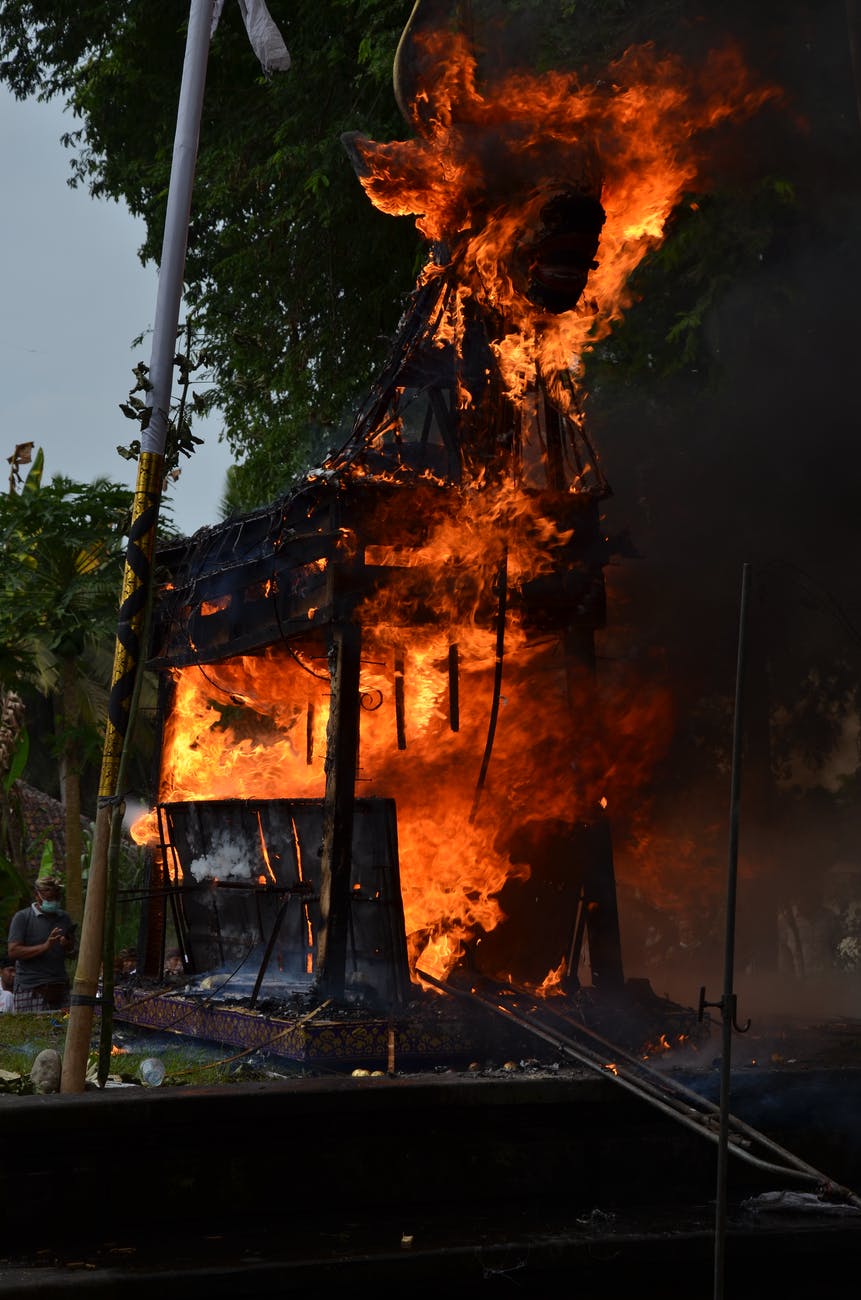Canon Francis Omondi
See: https://atjcs.netact.org.za/index.php/netact/issue/view/4
Every time a prominent Kenyan Christian is cremated instead of being buried,3
a debate ensues among Kenyan Christians on the best ways of disposing of
their dead. The real contestation is on whether Christianity sanctions
cremation.
The attitude of Christians has not shifted to favor cremation, despite the
reforms churches have made on their funeral policies. For example, the
Anglican Church of Kenya (ACK) adopted changes to accept cremations as a
way of disposing of the dead in 1999 (ACK, Special Provincial Synod 2000, Min
3.9). But when Manasses Kuria, ACK’s second Archbishop, cremated the body
of his wife Mrs. Mary Nyambura Kuria in 2002 astonished Christians
disapproved of his action. Meanwhile, the Roman Catholic Church (RCC) had
relaxed her position on cremation for their followers following Vatican II.
This article examines the debate about whether Christianity sanctions
cremation. First, it explains the historical development of burial as a church
practice adopted by most Christians in Kenya and highlights various customary
African norms for disposing of the dead. Second, it examines incidences of
cremations in Kenya, explaining why Christians are taking up this practice.
Third, it sets up a critical correlation of the findings in the second step, with
the normative traditions of the Kenyan Christians. Fourth, it applies
the empirical data and theological discourse to offer a theory for action which
revises the present praxis. It adduces theological grounds that allow Christians
to accept cremation as another way of disposing of their dead.

Although the Churches have pronounced themselves on cremation as an
acceptable alternative means of disposing of the dead, many Christians remain
reticent to switch to cremation from burial. This article has addressed the
reason for Christian reluctance by answering the objections raised against
cremation. This study was not a biblical response to cremation. Instead it
focused on presenting a theological response to the belief challenges facing
Christian disposing of their dead. I have, in this article, established a
theologically informed course of action, an action that removes the inhibition
of Christians in Kenya to cremation as a way of disposing of the dead,
consistent with the existing traditions of Christian faith and African customs.
This article exposes salient aspects surrounding cremation, establishing that it
does not offend Christian dogma, nor does it assault African customs.
In offering a plan for action to revise the present praxis, this study has
proposed a way forward for Kenyan Christians, having established that
Cremation offers Christians a valid and acceptable alternative to traditional
burial.
See the full article here: https://atjcs.netact.org.za/index.php/netact/issue/view/4

